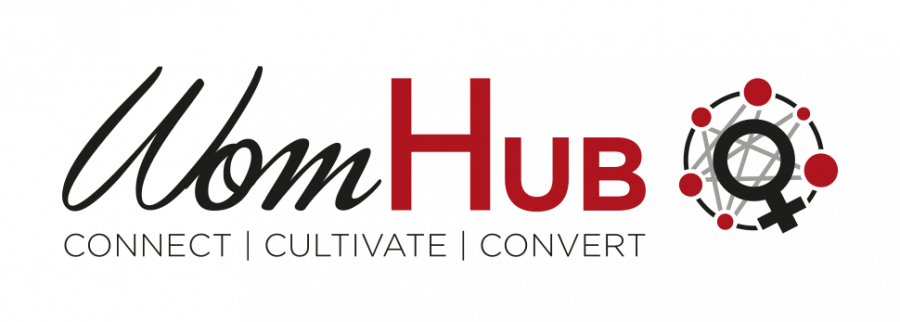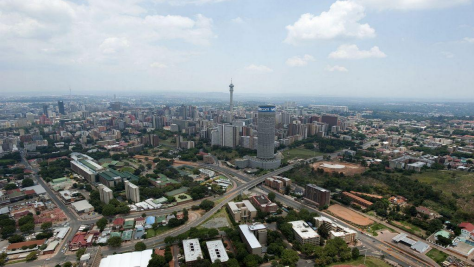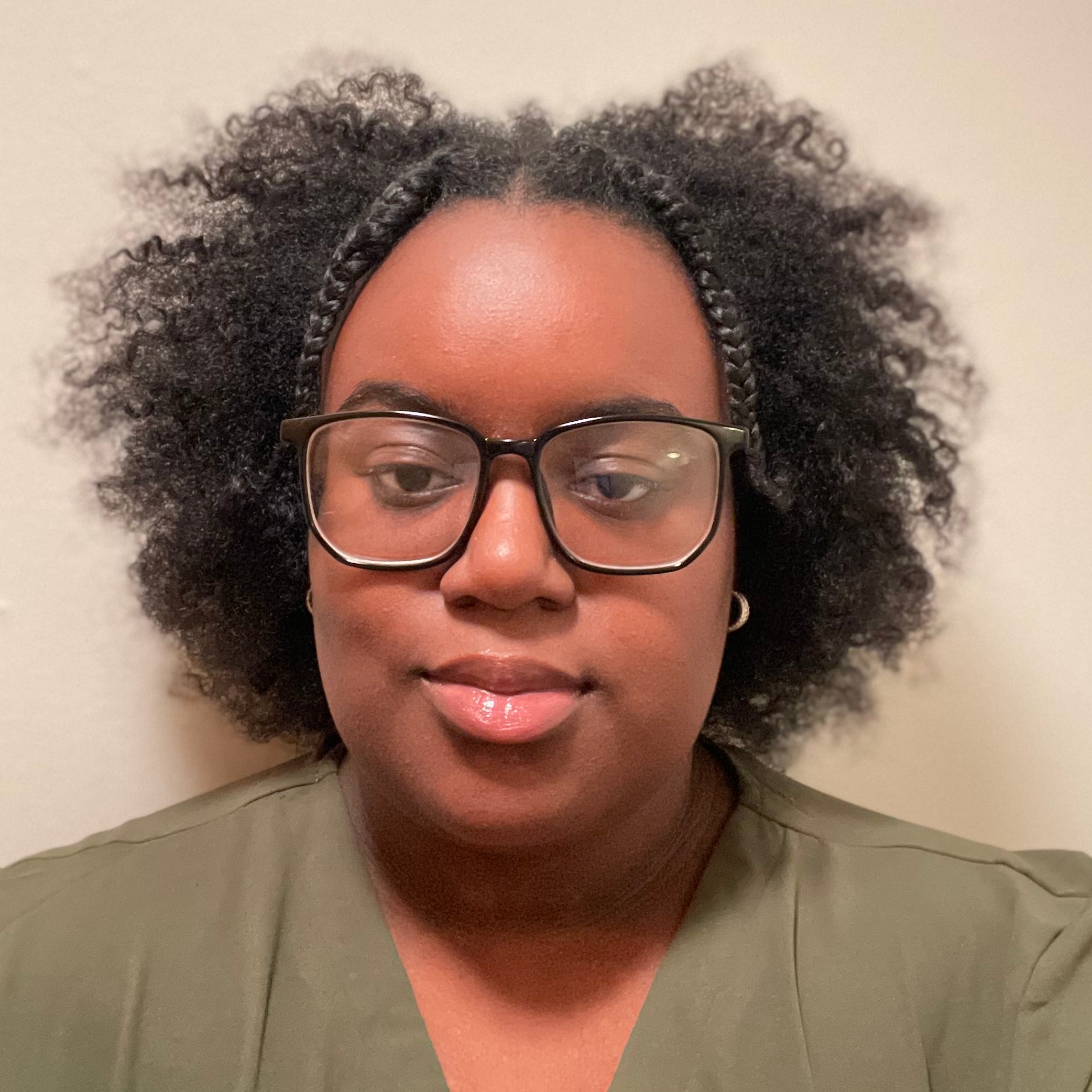Let's Talk Human Rights

2022 Summer Fellowships: WomHub
By Janaya Thompson
As part of the Human Rights Center's summer fellowship program, Janaya worked with WomHub, a boutique pan-African incubator for female “Founders in STEM (science, technology, engineering, and manufacturing)”. Below she describes her experience:
This summer I had the opportunity to participate in a remote fellowship with the WomHub, a boutique pan-African incubator for female-founders in STEM (Science, Technology, Engineering & Manufacturing), located in South Africa. I often struggle with putting myself out there professionally, and I tend to shy away from doing things outside of my comfort zone but by being a part of this fellowship, I managed to enjoy an experience that helped me grow.

Working for a women-led organization was the opportunity of a lifetime; it was an honor to work for a organization founded by women and that employs only women. The term ‘Founder’ is used for the women who are a part of the WomHub family and who have gone through the various training and other empowerment programs (such as the HB Antwerp Innovation Lab, the Founder showcase, the Economic Growth Accelerator programme, and the Africa Innovation Fellowship programme) provided by WomHub. Some of the services that WomHub provides are a co-working space that they launched in the fall of 2020, pipeline sourcing, incubators that can be in-person or virtual, and education on the steps needed to become ready for investors. In addition to WomHub, the other two other related non-profit branches are WomEng and GirlEng. WomEng focuses on informing women and girls about the world of STEM and some of the benefits of being a part of the industry, while GirlEng’s target audience is solely high school-aged girls with the goal of preparing them to be a part of the STEM industry.
During my time at WomHub, I worked closely with the organization's Chief Operating Officer Anjani Harjeven, Naomi Estment, WomHub’s Communication and Brand Manager, and Tanganani Mugivhi who runs all social media platforms for WomHub as well as WomEng and GirlEng. One of the projects that I worked on was creating blogs about the bi-weekly live streams that WomHub has which feature some of the Founders answering questions asked by the show's various hosts. After the live stream airs, I would rewatch the stream and draft a short blog to be used as a teaser to attract people who may not have seen the initial stream to watch it at a later date. Another project I participated in was organizing the contact list of women for all the companies. I've come to learn that in African cultures, it is not uncommon to have multiple names. So, my task was to separate all the names into categories so that when mass emails are sent out only the first name is used instead of all of them. I admit that this task was very tedious since WomHub and the additional branches have well over 3,000 women on their contact list. My final task was to keep up with the various social media platforms used by the organization which was a challenge, mainly because of the time difference. Here in Dayton, we are 6 hours behind South Africa so usually, people were most active on the sites while I was asleep and vice versa.
Who I was before starting this fellowship? I was someone who already had some kind of understanding of what was expected since it was so similar to what I did as part of the HRC internship during the academic semesters. While the tasks that I did were similar, it was different to do these things on a larger scale. The biggest change that I think I have experienced is my understanding that even for big operations like WomHub, there will still be tedious, small jobs that need to be done. It takes a lot of detailed work to make any organization function well.

I figured it would be difficult to connect with people that I had never met in person and that there would be a cultural difference with me not being from Africa. Learning to pronounce names I had never heard before and not being able to practice these pronunciations since I didn't speak to them daily was one challenge. Also, I had to learn that in South Africa they spell certain words differently than we do in the United States, which was important for my writing blogs correctly for an audience outside of the U.S. One major way I connected with my team members was during the various brainstorming meetings we had for social media. I presented the many ideas I had to the team and then we built on those ideas, which was nice to be a part of.
Overall, my experience was great. I like to think of myself as a feminist so getting to work with a woman-led organization was like a dream come true. Not being afraid to put myself out there is something that I want to continue to do in the future. Taking the leap and applying for this fellowship was very nerve-wracking but worth it in the end.
Janaya is a senior human rights major from Dayton, Ohio. She has a passion for helping ensure the rights of people specifically from marginalized groups such as the LGBTQ+ community as well as the Black community and formerly served an an intern at the Human Rights Center.
